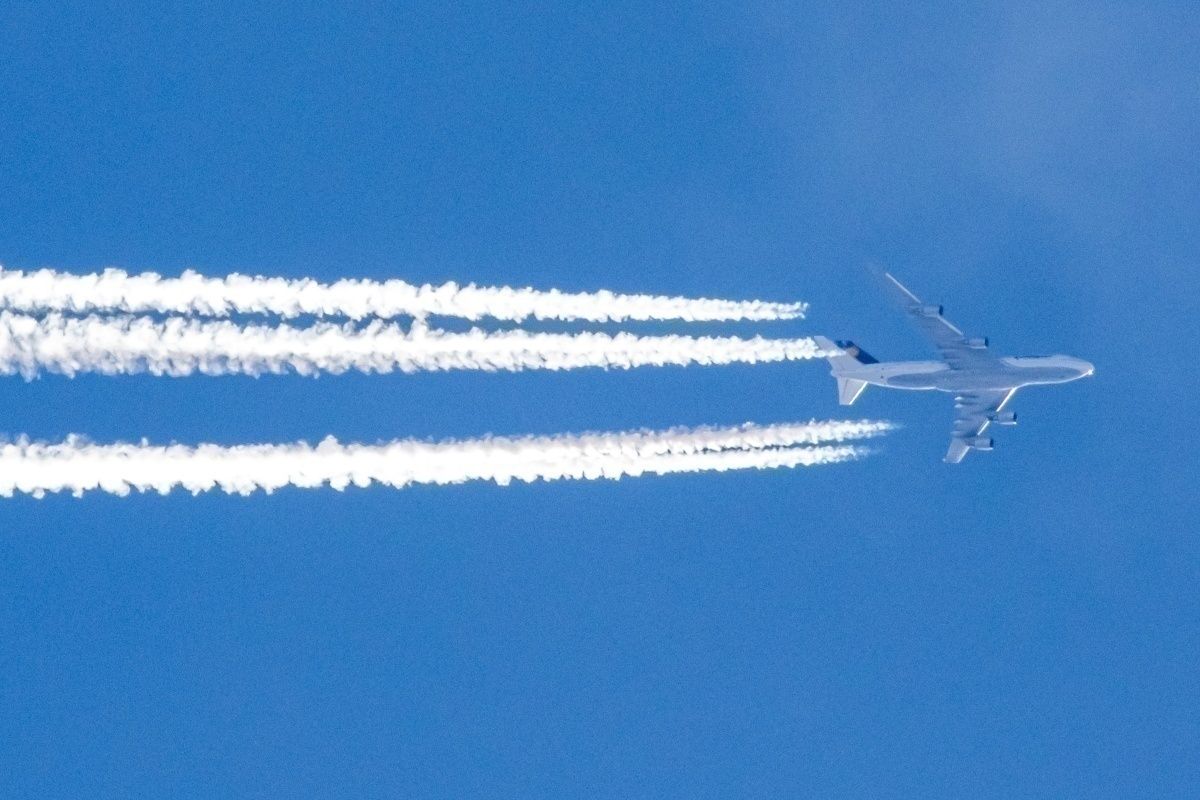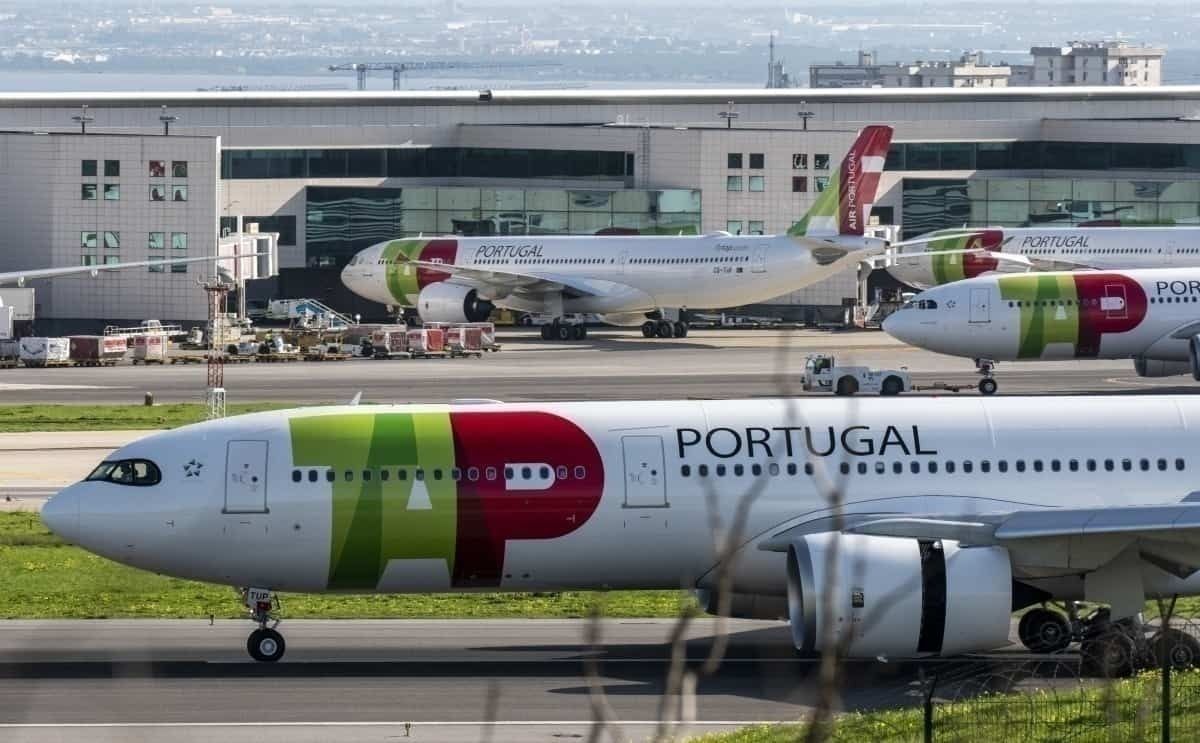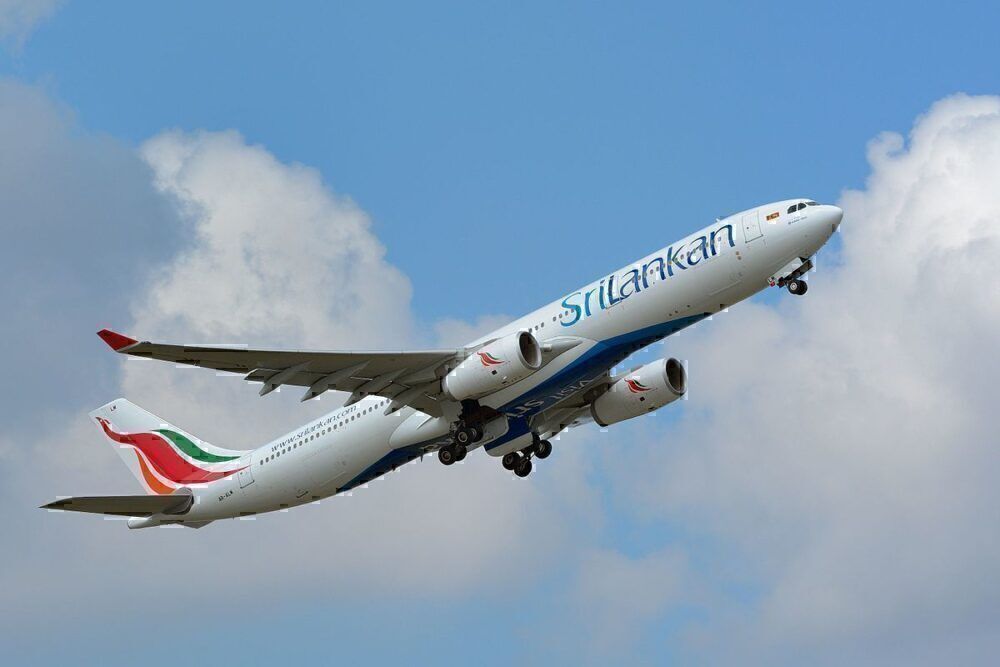The integrity of carbon offsetting schemes in aviation is perhaps one of the industry's best-kept secrets. While we all know that (some) airlines are doing their bit for the environment, very few of us know how well offsetting schemes stack up against each other, how popular they are, and what impact they are truly actually having. It may come as a surprise to know that some are better than others. These are the best offsetting schemes in the industry...
What are carbon offsetting schemes, and why do they matter?
Carbon offsetting schemes provide a way for companies to compensate for their CO2 emissions and empower individuals to take responsibility for their carbon footprint. They've been around for several years but are now gaining traction in the aviation industry as movements like 'flight shaming' and CORSIA commitments encourage airlines to do more for the environment.
Carbon offsetting schemes in the aviation industry are important because they recognize the importance of combatting climate change. They're also a way of quantifying just how much CO2 is produced and consequently, how much needs to be removed from the atmosphere.
That said, carbon offsetting schemes are far from simple. There is no one-size-fits-all approach, which makes comparing schemes more problematic. However, there are a few distinguishing factors that good projects should have.
What makes a good carbon offsetting scheme?
Diversity is key when it comes to environmental contributions. Airlines should not all be doing the same thing. Nor should they be relying solely on carbon offsetting schemes to demonstrate their sustainability.
The most common facets of a good scheme are:
- using real data to calculate offsets
- incorporating schemes as part of ticket booking
- using recent data to offer offsets.
If an airline encourages passengers to offset their flights during the booking and its scheme uses real and recent data, it's more likely that the scheme will be effective and accurate. In addition to this, schemes must be accredited and evaluated by certain authorities such as the Gold Standard. This ensures integrity and maintains best practices.
The best carbon offsetting schemes
To categorize aviation's best commercial carbon offsetting schemes, we've used analysis from Quality Assurance Standard (QAS), which publishes comparative environmental data. In addition, we've taken into account those airlines that use real data, incorporate schemes into booking, and offer the cheapest offsets.
So, without further ado, these are the airlines doing carbon offsetting best.
1. TAP Air Portugal
TAP offers one of the best carbon offsetting schemes when it comes to price and the value of its data. The Portuguese airline uses real data to provide customers with cost-effective offsets as part of their booking. At $3.95 per ton of CO2 equivalent (tCO2e), TAP incentivizes its customers to offset their flights.
The TAP Carbon Offset scheme was given the IYPE Planet Earth Award in 2010 and works to conserve 86,000 hectares of the Amazonian rainforest. By 2032, the project is expected to reduced CO2 emissions by 1.5m tons.
2. SriLankan Airlines
SriLankan Airlines' FlyGreen offsetting scheme is the next best in the industry. Like TAP, the airline uses real data and offers offsets as part of its booking at $6.37/tCO2e, according to QAS.
Its project generates clean electricity for local communities. The FlyGreen program is an example of using carbon offsets to reduce CO2 without planting trees. Projects like this provide the industry with the diversity it needs to tackle the climate emergency from all angles.
3. South African Airways
South African Airways offers its travelers a data-driven carbon offsetting scheme that can be selected during booking and costs just $6/tCO2e.
Its scheme provides efficient stoves to families in Ghana allowing for cleaner heating and cooking.
Other notable mentions
Other airlines with effective carbon offsetting schemes include:
- Thai Airways (real data with an offset price of $6.50/tCO2e booked separately from ticket)
- Cathay Pacific (real data with an offset price of $3.01/tCO2e booked separately from ticket)
Yet, though many are doing good work in their sustainability, more could be done by others. QAS ranks Japan Airlines' carbon offsetting scheme as the lowest-rated since its offsets are expensive to purchase ($138.87/tCO2e) and are offered by a third party. What's more, it does not reduce emissions from deforestation or forest degradation.
Do carbon offsetting schemes matter to you? Let us know in the comments.





